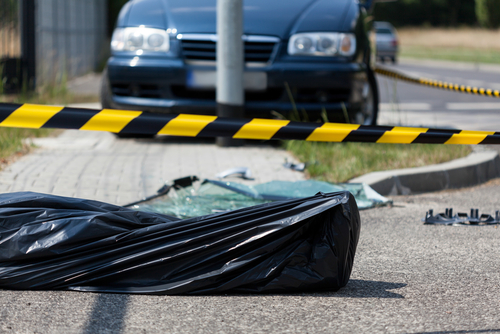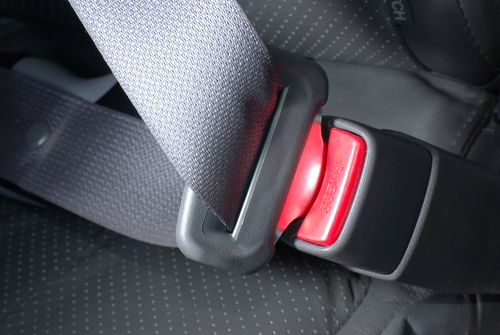Fatal Distraction

The Fatal Distraction Symposium was held recently in Melbourne as part of Trauma Week 2015. The event was hosted by the Royal Australasian College of Surgeons. The Symposium explored the correlation between distractions by all road users and the epidemic of road trauma and we provide a summary of some of the presentations here for your information. Thanks to Don Gillies (ADTAV member) who provided this information. Part 2 of this article will be included in the Jan/Feb edition of The Instructor. What is Distraction? Driving is an all-encompassing activity that includes vehicle control, route finding, route following, velocity control, collision avoidance, rule compliance, vehicle monitoring etc. Driver distraction is defined as the diversion of attention towards a competing activity from activities critical for safe driving which may then result in inattention. A key element is that the distraction may or may not be driving related, and that distraction and inattention can be varied. Some examples can be: ? Restricted or affected attention eg tired and dozy ? Incorrectly prioritised attention eg taking too long for a head check ? Neglected attention eg not looking into mirrors at all ? Cursory attention eg insufficient mirror check ? Diverted attention (non-driving related) eg disruptive passenger or changing CD ? Diverted attention (driving related) eg low fuel lamp on or changing mirror settings whilst moving What affect these have on the outcome of a situation can depend on: ? The driver ? The complexity of the task being undertaken at the time eg bends, straight road etc ? The competing task ? The capacity of that driver to self-regulate Trauma Registry Data A statistical study of national road trauma over recent years presented a surprising finding, which has significant relevance to our driver education role – mobile phone usage is only the 3rd highest cause of crash related distraction yet it gains the most media attention. In order of highest to lowest the causes of crash related distraction are passengers; vehicle systems; mobile phones/electronic devices; CDs and radio distraction; and animals. TAC Distractions Campaign The TAC Distractions Campaign was presented and discussed. It was acknowledged that people will make mistakes, even when not deliberately taking risks. During driving there is so much competition for the driver’s attention from both outside and inside the vehicle, it takes a lot to remain suitably focussed. The four pillars of road safety were presented – safer roads, safer speeds, safer vehicles and safer people. The responsibility for managing those pillars is shared amongst governments, law enforcement, the corporate world, the individual and the community at large. With everyone aware of their responsibilities and therefore managing what they can control we should see a reduction in trauma.










